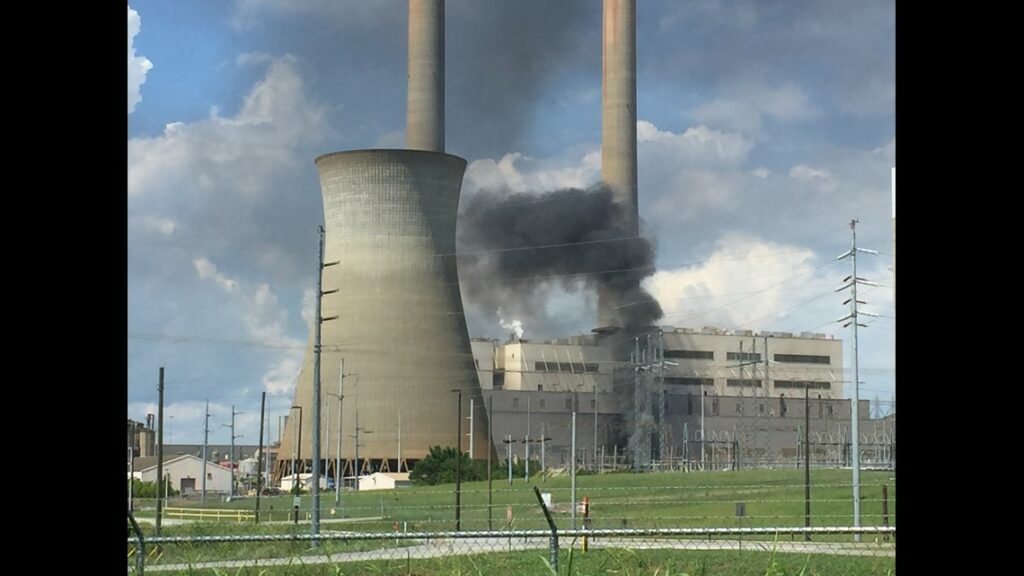
ATLANTA – Georgia lawmakers stepped closer to increasing the per-ton fee to store toxic coal ash at landfills Monday by passing legislation out of the state Senate.
Landfills in Georgia have recently been charging less to receive and store shipments of coal ash, which is the byproduct of burning coal at power plants to generate electricity. The ash can contain compounds causing cancer after long exposure.
Based on a bill the General Assembly passed in 2018, the fee for coal ash has stood at $1 per ton since July while the fee for all other landfill garbage is $2.50.
Senate Bill 123 would raise the fee for coal ash disposal to $2.50. Any contracts effective on July 1, 2020, between landfills and local governments where the dumps are located would not have to adopt the lower fee for coal ash unless a contract was renewed, amended or otherwise changed.
The bill’s sponsor, Sen. William Ligon, R-Brunswick, likened the lower fee to a subsidy for private power utilities.
“The hope is this will help Georgia stop being a depository for coal ash,” Ligon said from the Senate floor Monday.
The bill passed out of the Senate by a 52-2 vote. Voting against the bill were Sen. Steve Gooch, R-Dahlonega, and Sen. Jeff Mullis, R-Chickamauga.
Georgia environmentalists have worried the lower fee for coal ash could spark an influx of out-of-state coal ash to Georgia landfills.
Five landfills in Georgia have taken in millions of tons of coal ash since 2017, with much of it originating from power plants in Florida and North Carolina, according to state Environmental Protection Division records.
Environmentalists’ concerns come as the state’s top energy producer, Georgia Power, is moving away from storing coal ash in liquid ponds and instead disposing it in dry landfills. The company has previously touted the economic benefits of recycling coal ash into materials like concrete.
Coal ash disposal has surfaced as a leading environmental issue in this year’s legislative session at the Capitol.
Several Democratic lawmakers are keen to force Georgia Power to install impervious liners under every closed ash pond that will not be excavated.
Many residents of Juliette were scheduled to arrive at the Capitol Monday to tell lawmakers their concerns about an unlined ash pond at a Georgia Power coal-fired plant in their backyard that they fear has contaminated the water in their drinking wells.
Two bills in the House and Senate would require liners to be installed under that pond and several others. Georgia Power has said their plans for sealing 10 of the total 29 ponds in place will be safe.